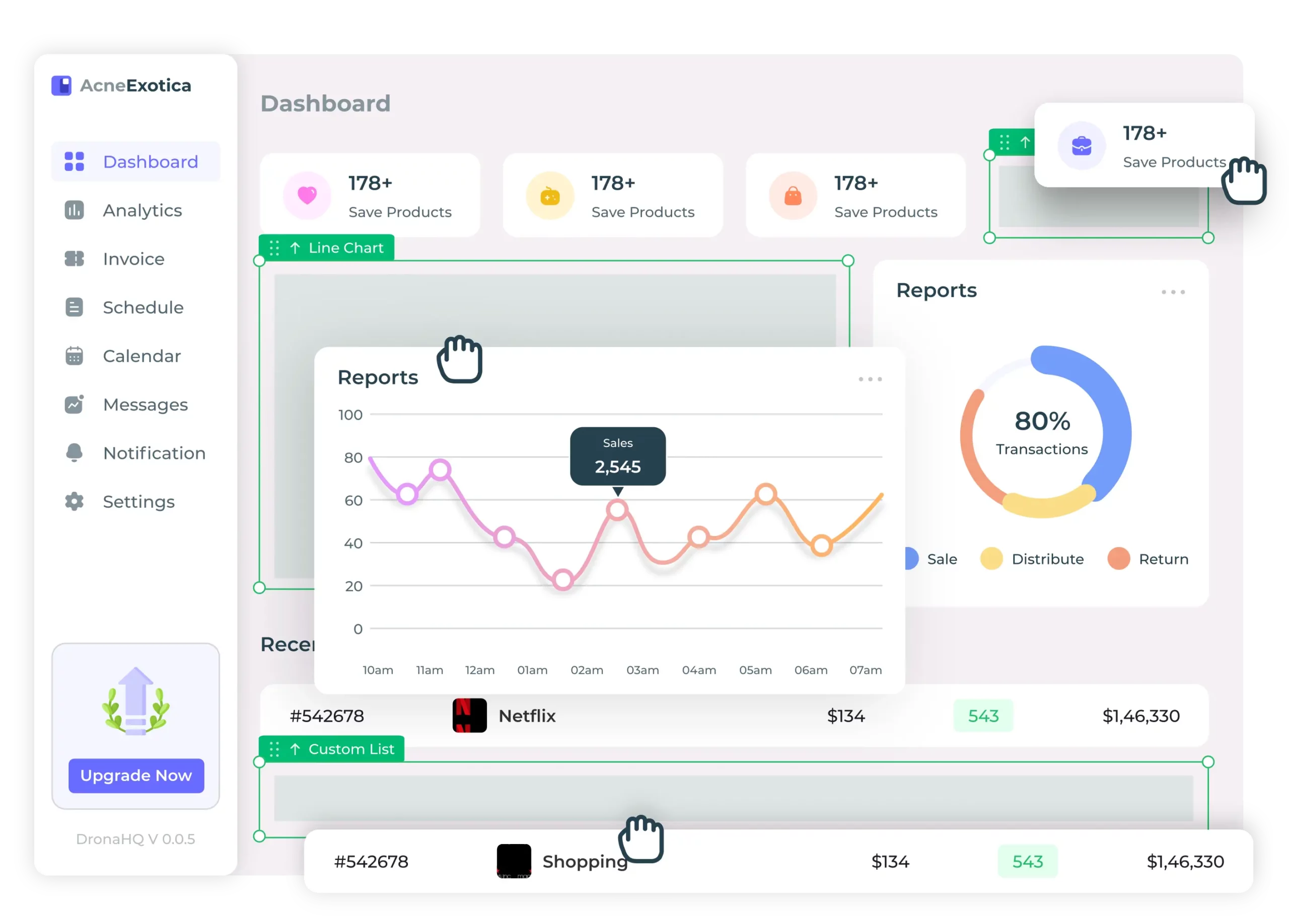Introduction
Agriculture is evolving rapidly with the adoption of digital tools and smart technologies. One of the most impactful innovations is precision agriculture, a data-driven approach that helps farmers maximize efficiency while reducing waste. By leveraging sensors, satellite imagery, AI, and data analytics, precision farming not only improves crop yields but also minimizes the overuse of resources such as water, fertilizers, and pesticides.
For organizations seeking cutting-edge solutions, Singleclic has been a trusted IT partner since 2013, delivering advanced technologies across industries, including the agricultural sector.
How Does Precision Farming Reduce Waste?
Precision farming reduces waste by ensuring that every resource is used in the right amount, at the right time, and in the right place.
- Water management: IoT sensors monitor soil moisture levels to prevent over-irrigation.
- Fertilizer optimization: GPS-guided application ensures nutrients are distributed only where needed.
- Pesticide reduction: AI-powered tools identify pest hotspots, avoiding blanket spraying.
- Yield prediction: Data analytics reduce crop losses by forecasting harvest times accurately.
This targeted approach ensures fewer wasted inputs and higher returns on investment.
How Can Precision Agriculture Help the Environment?
Precision agriculture is not only about efficiency but also about sustainability:
- Lower carbon footprint by reducing excessive machinery use.
- Soil preservation through controlled tillage and reduced chemical runoff.
- Cleaner water systems since fewer chemicals enter rivers and groundwater.
- Biodiversity protection by minimizing unnecessary pesticide exposure.
By integrating precision tools, farmers can contribute to environmental conservation while improving profitability.
What Are the 3 P’s of Sustainable Agriculture?
The three P’s represent the foundation of sustainability:
- People – Ensuring farming supports local communities and food security.
- Planet – Reducing environmental harm through responsible resource management.
- Profit – Helping farmers remain economically sustainable while innovating.
Precision agriculture directly supports these pillars by aligning profitability with environmental responsibility.
How Can We Reduce Agricultural Waste?
Reducing agricultural waste requires a combination of technology, strategy, and best practices:
- Smart irrigation systems to avoid water waste.
- AI-powered soil and crop analysis (e.g., OneSoil App, CropX sensors).
- Drone monitoring for early detection of crop stress.
- Cloud-based farm management tools like FarmQA for better planning.
- Data-driven decision-making to minimize surplus harvest and post-harvest losses.
By implementing these methods, farmers can cut down on waste significantly while boosting productivity.
Singleclic’s Role in Driving Agricultural Innovation
Since 2013, Singleclic has been delivering IT solutions that support digital transformation in agriculture and beyond.
Our Services Include:
- Custom Software Development: ERP, CRM, and low-code solutions tailored for agribusinesses.
- Network & Infrastructure Solutions: Reliable connectivity for IoT devices in farming.
- Cybersecurity: Protecting sensitive agricultural data from cyber threats.
- Cloud Hosting: Scalable hosting for farm management apps.
- 24/7 Technical Support: Ensuring continuous operation of smart farming systems.
📞 Contact Singleclic today:
- Egypt: +2 010 259 99225
- UAE: +971 42 475421
- KSA: +966 58 1106563
🌐 Visit: https://singleclic.com/
Conclusion
Precision agriculture for reducing waste is transforming how we grow food, manage resources, and protect the environment. With the right mix of IoT devices, AI platforms, and cloud solutions, farmers can achieve higher productivity while minimizing waste. Companies like Singleclic make this transformation possible by providing the technological backbone for modern farming.
👉 If your business is ready to embrace digital agriculture and reduce operational waste, partner with Singleclic today.









